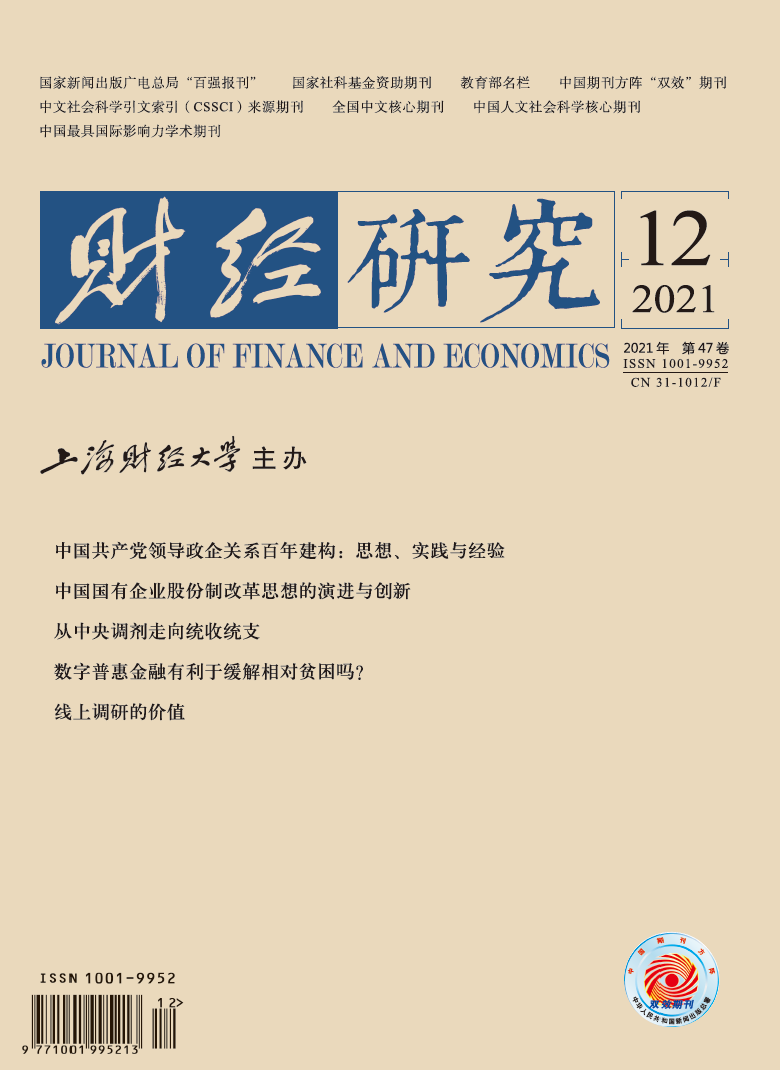Listed companies have potential losses and other bad news due to governance failure and improper decision-making. If it is not confirmed in time, the accounting conservatism of the company will be reduced, and the rights and interests of minority shareholders will suffer losses. On the one hand, strict and standardized corporate governance will bring a high level of accounting conservatism demand. However, its successful implementation requires the effective coordination and integration of other mechanisms. On the other hand, corporate creditors are the main demanders of accounting conservatism originally, but due to the strong voice of creditors and the collusion between controlling shareholders and creditors, creditors’ awareness of accounting conservatism is significantly reduced, resulting in small and medium-sized shareholders becoming the loss bearers in the multi-party interest game. Meanwhile, due to the inherent limitations of the governance ability and means of minority shareholders, when other stakeholders of the company cannot rely on, minority shareholders can only take the initiative to “voice” and require the company to confirm the bad news in time and improve accounting conservatism, while the use of large-scale social media will provide important help for their voice.
Using the text analysis method of large samples, this paper empirically tests the impact of social media discussion of minority shareholders on accounting conservatism, as well as the relevant action mechanism and economic consequences. It is found that the social media discussion of minority shareholders can significantly improve accounting conservatism, and has an impact on accounting conservatism by improving the probability of inquiry and supervision, inhibiting the tunneling of major shareholders and corporate earnings management. The economic consequence test shows that the positive impact of social media discussion of minority shareholders on accounting conservatism has significantly reduced the cost of corporate debt financing, improved the protection of shareholders’ rights and interests, and improved corporate performance.
The contributions of this paper are as follows: Firstly, it finds that minority shareholders are important demanders of accounting conservatism, which enriches the motivation research of improving accounting conservatism. Secondly, it provides new empirical evidence for the research on the impact of social media on executive decision-making. The social media voice of minority shareholders affects accounting conservatism by asking for supervision, tunneling of major shareholders and inhibiting earnings management, which is an expansion and supplement to the active participation of minority shareholders in corporate governance research. Thirdly, it expands the research vision on the impact of social media on the capital market, enriching the literature on the economic consequences of social media. This paper provides a reference for the securities regulatory authority to protect the rights and interests of minority shareholders. We need to attach great importance to the governance function of social media voice of minority shareholders. In the future, we should not only standardize the information exchange content of social media, but also combine unofficial media with official voice channels, so as to provide greater convenience for social media to supervise listed companies.





 6680
6680  5900
5900

